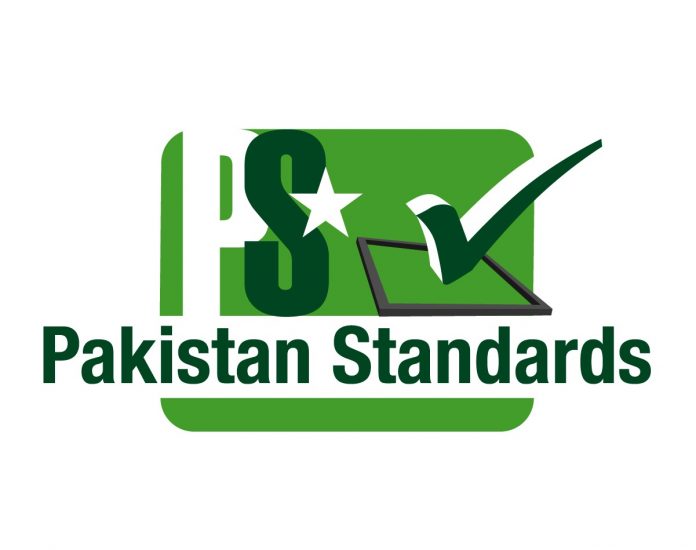ISLAMABAD: After a long fight between centre and provinces over establishing a uniform standard for food and other consumer items across the country, Council of Common Interests (CCI) has finally decided to give the power of enforcement of standards to provinces, a way out agreed upon by all stakeholders.
According to reliable sources, during the recently held meeting of CCI, all provinces have agreed to have a uniform standard of food and other consumer products, set by Pakistan Standard and Quality Control Authority (PSQCA), an attached department of Ministry of Science and Technology (MoST). Meanwhile the centre has also agreed to give up the power of enforcement and monitoring of standards allowing the provincial government and food authorities to implement the standards.
However, an official at MoST claimed that the CCI will again discuss the criteria and terms for enforcement of the standard in its next meeting.
Earlier the provinces were not ready to accept the role of PSQCA as the sole body for registering, monitoring and implementing consumer items. The PSQCA, which was worried about stripping its power/mandate of inspecting quality of over 100 selected items, had reportedly suggested CCI to at least allow it to make standard of the consumer items. The provinces and their food authorities may be allowed to enforce/implement the standard in their jurisdiction.
According to sources Punjab was reluctant to accept this proposal saying that the provincial will also develop standards of food items. Punjab Food Authority has even developed various standards of food items.
According to sources, PSQCA, which has failed to ensure manufacturing, import and supply of quality items for its incapability and corruption of officials, the provincial authorities had practically taken control of the mandate, being exercised by PSQCA. Resultantly the manufacturers of consumer/food items including the national and multinational companies were much disturbed over the inspection/monitoring and licensing by both PSQCA and provincial authorities.
Since the process of inspection, certification, licensing involve fee, money and bribe, the central and provincial authorities were reluctant to give up the mandate and power to the centre. As the corporate sector being tortured by the more than one authorities had complained about the practices requesting for harmonization of food in the country, the process of developing consensus among centre and provinces was started a couple of years ago.
However, after going all efforts in vain, Ministry of Law, which was looking into the matter, had sent the matter to the CCI. In the absence of consensus for the past two years, no development was made regarding the formulation of national standards, registration and licensing of manufactures and trading houses in the country and conformity assessment i.e. enforcement of standards across the country. Taking notice of the issue CCI had decided to resolve constitutional and legal ambiguities, review Provincial Food Authorities Acts and suggest a mechanism for enforcement of applicable technical regulations.
Following the 18th Amendment in the constitution and creation of food authorities and subsequent enforcement of different laws by provinces, the interprovincial trade and manufacturer of food items across the country were badly affected.
As per the PSQCA, the law has mandated the authority to include food items and non-food items in Compulsory Certification Mark Scheme under which the authority has so far notified 105 mandatory items including 40 food items. In case of inspection/ licensing by provincial authorities, the corporate sector will also suffer from multiple rules being implemented in different provinces.
It may recall here that with involvement of federal-provincial food authorities, food Industries especially edible ghee and oil manufacturing industry, dairy industry, packed spices industry and other food processing industries are confronted with business risks due to absence of harmonized standards.




